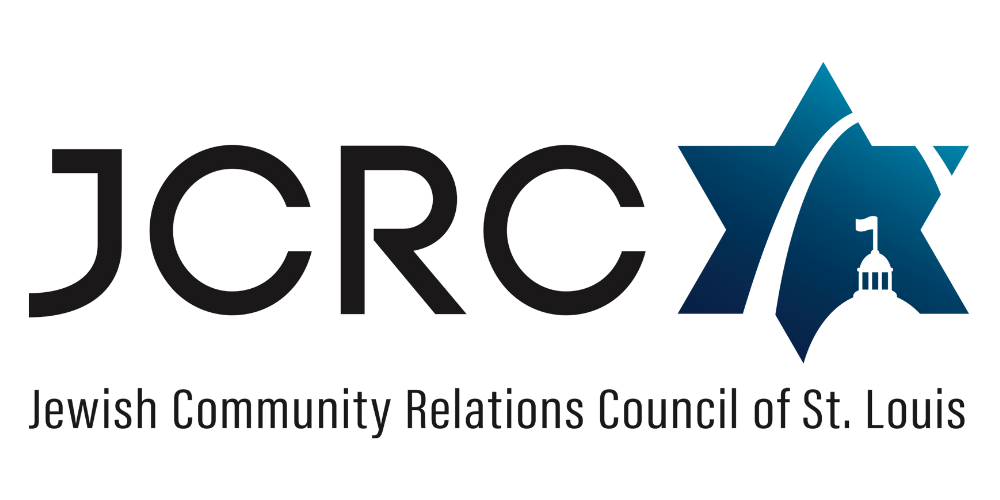February 1997 Welfare Reform
Because of concern that Welfare Reform Legislation will cause more destitution, homelessness, hunger, domestic violence, and child abuse, Missouri Association for Social Welfare (MASW) has written a proposal that they believe will help the state make choices that will lessen those consequences. The following proposal was sent to the council, endorsed by a majority of the Domestic Issues Strategy Committee, and then passed by the council with one abstention:
The following principles should guide state administrators, legislatures, and advocates in implementing the new federal welfare law:
• Do no harm.
• Guarantee income maintenance services to all residents of Missouri experiencing hard times.
• Cover legal aliens with cash and medical assistance.
• Reduce impact of Food Stamp cuts on childless people as much as possible.
• Aggressively help those disqualified for Medicaid (such as SSI children) to qualify under different criteria (such as income guidelines).
• Establish state due process procedures to insure accountability.
• Maintain current state effort. The state contribution should continue to be 100% of current effort adjusted for inflation in order to get full federal funding in the future and provide the best service.
• Intensify job and business development strategies in high poverty communities.
• The responsibility of clients to work is matched by state responsibility to provide living wage jobs and the services, such as childcare and transportation that enable work.
• Work obligations of welfare clients and subsidies to employers must not be allowed to displace other low-income people who are not welfare clients. Systems must be established to prevent displacement.
• The state should fully implement the unfulfilled community revitalization provisions of HB 1547 (Missouri’s welfare reform bill, 1994).
• Don’t cut benefits because of increased wages and savings until the official poverty level is reached.
• Continue implementing Missouri’s 1994 welfare reform legislation, HB 1547, and its waivers rather than adopting harsher federal provisions as permitted in the federal law.
• Take full advantage of the waivers and options permitted to lessen negative impacts.
• Create a “state-only” cash assistance program to lessen the harsher consequences of federal law.
• Cover under a state-only program: legal immigrants, childless adults, and those incapable of work.
• The state must fully inform impacted clients thoroughly, in plain language, and with multiple media, of the provisions and impact of the new law.
• The state shall contract for thorough evaluation of the impacts of federal changes independent of the agencies implementing the changes.
• It is preferable to not make any substantial changes in current law, policy, and practice until after the next U.S. Congressional session.
My agency hereby endorses the above principles and urges state administrative and legislative changes consistent with the principles to the new federal welfare changes. Endorsement means:
• My agency’s name will appear on a public list of about 100 agencies, which approve the principles espoused here.
• The list of endorsers may appear on publicity materials distributed to the public, state officials, and the media.
My agency may withdraw its name from the list of endorsers at any time.

